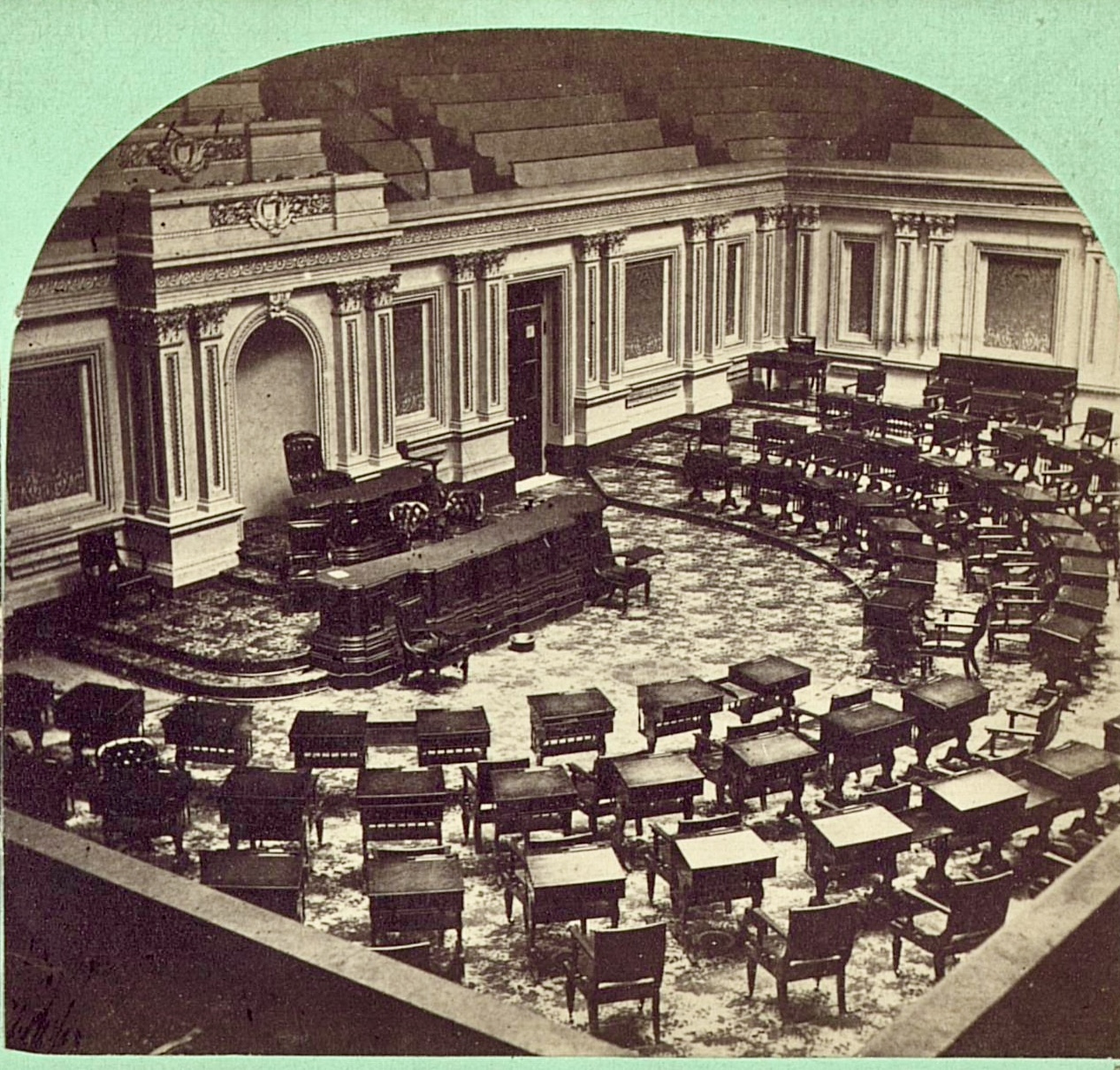Kentucky Senate candidate Nate Morris is making waves with a bold proposal that has patriots across America nodding in agreement: rename the Nobel Peace Prize after Donald Trump. The businessman-turned-politician argues that Trump’s historic Middle East peace achievements deserve recognition that transcends traditional political theater.
Morris’s call comes at a time when Americans are increasingly questioning whether international institutions truly reflect American values and achievements. While career politicians spent decades shuffling papers and attending summits with little to show for it, Trump’s business acumen delivered tangible results that are reshaping entire regions.
“Trump’s superpower is that he’s not a politician,” Morris explained, highlighting the stark difference between America First leadership and the establishment approach that has dominated Washington for too long. This observation strikes at the heart of what made Trump’s presidency so effective – the application of real-world dealmaking skills to complex international challenges.
The numbers speak for themselves. Trump’s Abraham Accords normalized relations between Israel and multiple Arab nations, creating economic partnerships worth billions and reducing regional tensions that had persisted for generations. These weren’t photo-op agreements designed for positive press coverage; they were substantive deals that created lasting frameworks for peace and prosperity.
Morris’s proposal also exposes the curious history of the Nobel Peace Prize itself. Alfred Nobel, the inventor of dynamite, created the award partly to rehabilitate his own reputation after being dubbed the “merchant of death.” The irony isn’t lost on constitutional conservatives who recognize that institutions evolve – and sometimes need bold reforms to maintain relevance.
What makes this proposal particularly compelling is how it reflects the Founders’ vision of citizen-statesmen serving their country. The Constitution was designed around the idea that successful Americans from various backgrounds would temporarily serve in government, bringing real-world expertise to public challenges. Trump embodied this principle, and his diplomatic successes validate the wisdom of choosing proven problem-solvers over professional politicians.
The contrast couldn’t be clearer when examining Trump’s approach versus traditional diplomatic failures. While previous administrations relied on endless negotiations and symbolic gestures, Trump’s transactional methodology created win-win scenarios that advanced American interests while delivering genuine progress for all parties involved.
Morris’s background as a businessman gives his observation particular weight. Like Trump, he understands that successful negotiations require understanding what each party truly values, then structuring agreements that deliver measurable benefits. This approach stands in sharp contrast to the virtue-signaling diplomacy that dominated previous administrations.
The timing of Morris’s statement is significant as Kentucky voters prepare to choose their next senator. His willingness to champion Trump’s achievements while challenging international institutions demonstrates the kind of America First thinking that resonates with patriots who are tired of globalist approval-seeking.
This proposal also highlights how Trump fundamentally changed the conversation around American leadership on the world stage. Rather than apologizing for American strength or seeking validation from European elites, Trump’s approach prioritized American interests while creating genuine opportunities for international cooperation.
The constitutional implications extend beyond foreign policy. Morris’s recognition of Trump’s achievements reflects a broader understanding that American success shouldn’t require approval from international organizations that often work against our national interests. This represents the confident American leadership that built our constitutional republic.
For patriots watching the 2024 election cycle unfold, Morris’s bold stance offers a preview of how America First candidates are reframing political discussions around actual achievements rather than establishment credentials. This approach promises to restore American prestige through results, not rhetoric.
As Morris continues his Senate campaign, his willingness to challenge conventional wisdom while championing proven American success stories signals the kind of leadership that can help restore constitutional governance. Whether or not the Nobel Committee takes his suggestion seriously, the broader point resonates: American achievements deserve American recognition, and our leaders should never apologize for putting America first.





